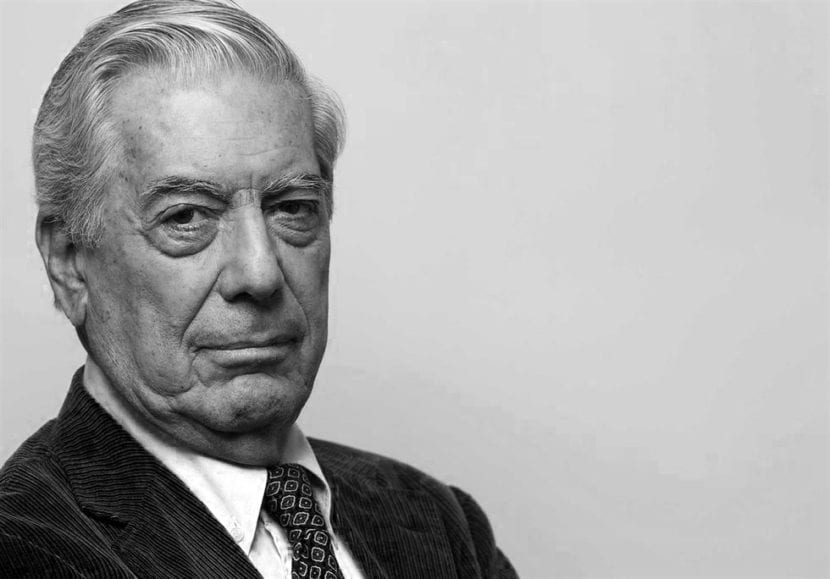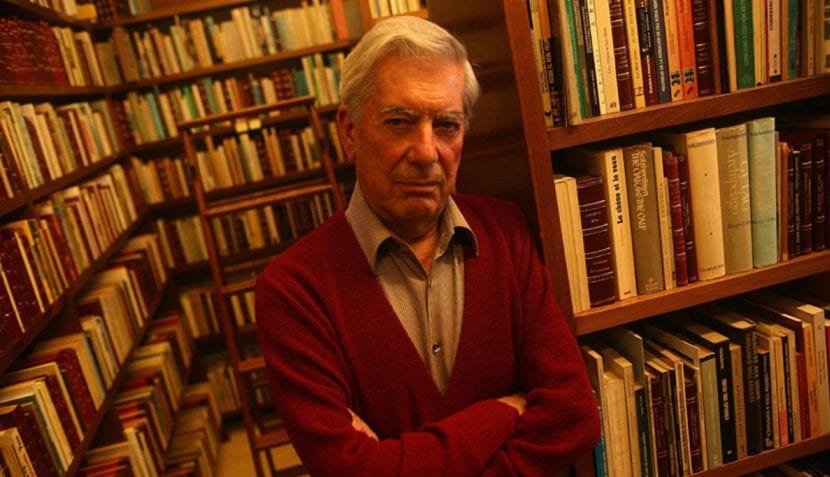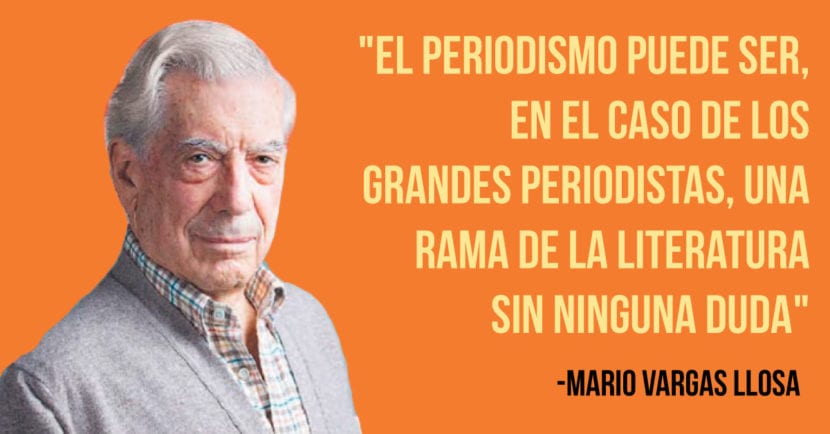
Writer Mario Vargas Llosa.
Jorge Mario Pedro Vargas Llosa (1936 – present) has been one of the most important novelists in contemporary history, his writings have been awarded repeatedly. The Nobel Prize for Literature and the Cervantes Prize are some of the tributes that the writer has been worthy of.
His rise to public recognition occurred in the sixties with various novels. In many of his stories he has expressed his point of view towards Peruvian citizenship, however over the years it has expanded to other cultures.
Biography
Birth and family
Mario He was born on March 28, 1936 in Peru. His parents were Ernesto Vargas and Dora Llosa, came from a middle class family. They divorced a short time later, the man had deceived his mother, Vargas went with his maternal family to Bolivia and they made him believe that his father was dead.
As a result of Ernesto Vargas's extramarital affair, two children were born, Mario's younger brothers. Tragically, the oldest died at the age of eleven from leukemia; the youngest still alive is a lawyer and an American citizen.
Studies
Vargas' grandfather managed to manage a farm in Bolivia, it was there that he started his primary school. In 1945 they returned to Peru and was reunited with his father. By order of him, part of his baccalaureate was attended in a military boarding school, in 1952 he completed his last year at the San Miguel de Piura school.
He began studying law and literature at the Universidad Nacional Mayor de San Marcos in 1953. At the age of 19 he married Julia Urquidi and in 1958, for his thesis Bases for an interpretation of Rubén Dario, he won the Javier Padro scholarship to study a postgraduate degree at the Complutense University of Madrid.
Years in Europe

Writer Mario Vargas Llosa in his library.
In 1960 Mario's student grant expired and he went to Paris in the hope that he will be awarded a scholarship again. Upon arriving in the City of Light, he found out that his request had been denied and he decided to spend some time in France. During this period, Vargas Llosa wrote in abundance.
Beginning of his career
He divorced in 1964, a year later he remarried Patricia Llosa, they had 3 children and visited the City of Light. It was in Paris where the author finished his novel The city and the Dogs (1964).
The story was awarded the Short Library Prize, giving the writer a great positioning. This recognition gave him fame to the writer, he also continued with the production of works. Carmen Balcellse became his literary representative and managed to make good deals with publishers. For his novel: The green House He was awarded the Rómulo Gallegos Prize in 1967.
Political career
Mario Vargas Llosa became interested in politics, for a time he supported the ideals of Fidel Castro; However, in the seventies, he criticized the Cuban revolution a lot, since the writer has always been a lover of freedom. In 1985 he was decorated by France with the Legion of Honor and five years later he began his political career.
Backed by your democratic ideals, In 1990 Vargas aspired to the position of President of Peru by the Democratic Front party, known as Fredemo. He lost the candidacy to Alberto Fujimori, accused, years after his mandate, of having committed crimes against human rights.
Significant events
The writer was awarded the Cervantes Prize in 1994. He was nationalized in Spain and since 1996 he is a member of the Royal Academy. In 2005 he was considered the writer of Peruvian nationality with the greatest worldwide recognition.
Five years later he won the highest award to his credit, the Nobel Prize for Literature. This news was surprising for the author, since, although he was one of the favorites, he was not in the first place that year. Vargas was teaching at Pricenton University in New York.
Works

Quote by the writer Mario Vargas Llosa.
Their stories have been finely structuredhowever, they include humor and comedy. Most of his texts were developed outside of Peru, this gave him a more general perspective of that country, about which he wrote repeatedly. His most important stories have been:
Novels
The city and the Dogs (1964)
The green House (1965)
Conversation in the cathedral (1969)
Aunt Julia and the Scribe (1977)
The party of the goat (2000)
Tales
The bosses (1959)
The puppies (1967)
I liked Mario Vargas Llosa's book but… I think it could have been better (I'm talking about the book puppies, puppies)